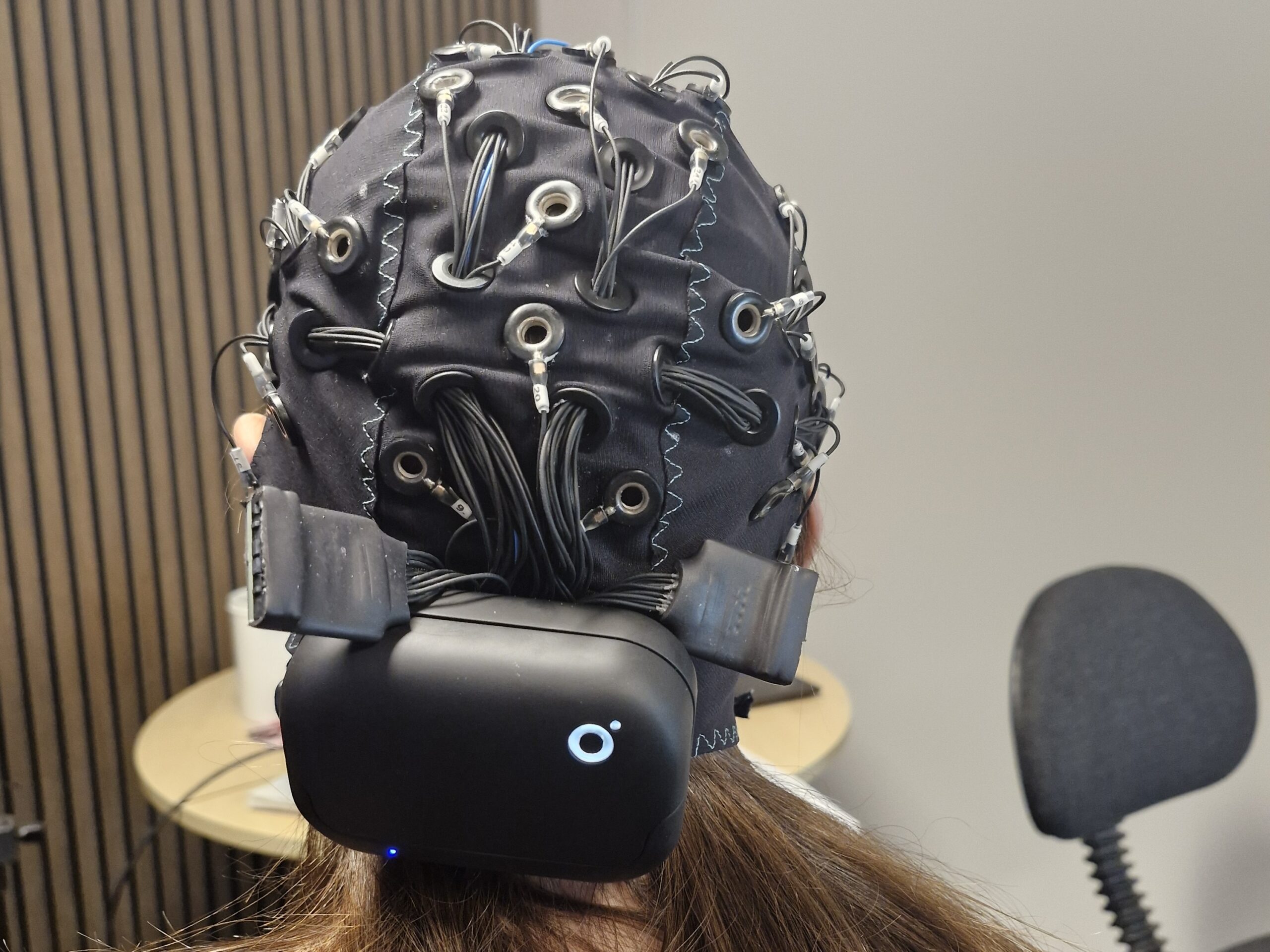PI: Martin Enqvist, Linköping University
co-PI: Maria Sandsten, Lund University
The outcome of this project will be a set of novel methods for control of hearing assistive devices (HADs) using brain and behavioral signals. In particular, electroencephalography (EEG) signals will be used to provide information on the attended speech as well as the listening effort (LE) and listening engagement (LEng) of the user. This is a challenging problem, and one of the main objectives will therefore be to develop fast and robust estimation methods for the key cognitive measures and characterizations of the auditory scene. A particular focus will be on obtaining better models of the noise in EEG data by allowing more realistic heavy-tail distributions instead of the more limited Gaussianity assumptions that are commonly used today. Furthermore, a second main objective will be to develop novel feedback control algorithms that take multiple cognitive measures into account and provide a high degree of adaptivity while at the same time being insensitive to disturbances. The project is interdisciplinary and builds on the collaboration between automatic control researchers at LiU, mathematical statistics and signal processing researchers at LU, and auditory systems and neuroscience researchers at Eriksholm Research Centre (part of the world-leading HAD manufacturer Oticon A/S).
Project number: F2

